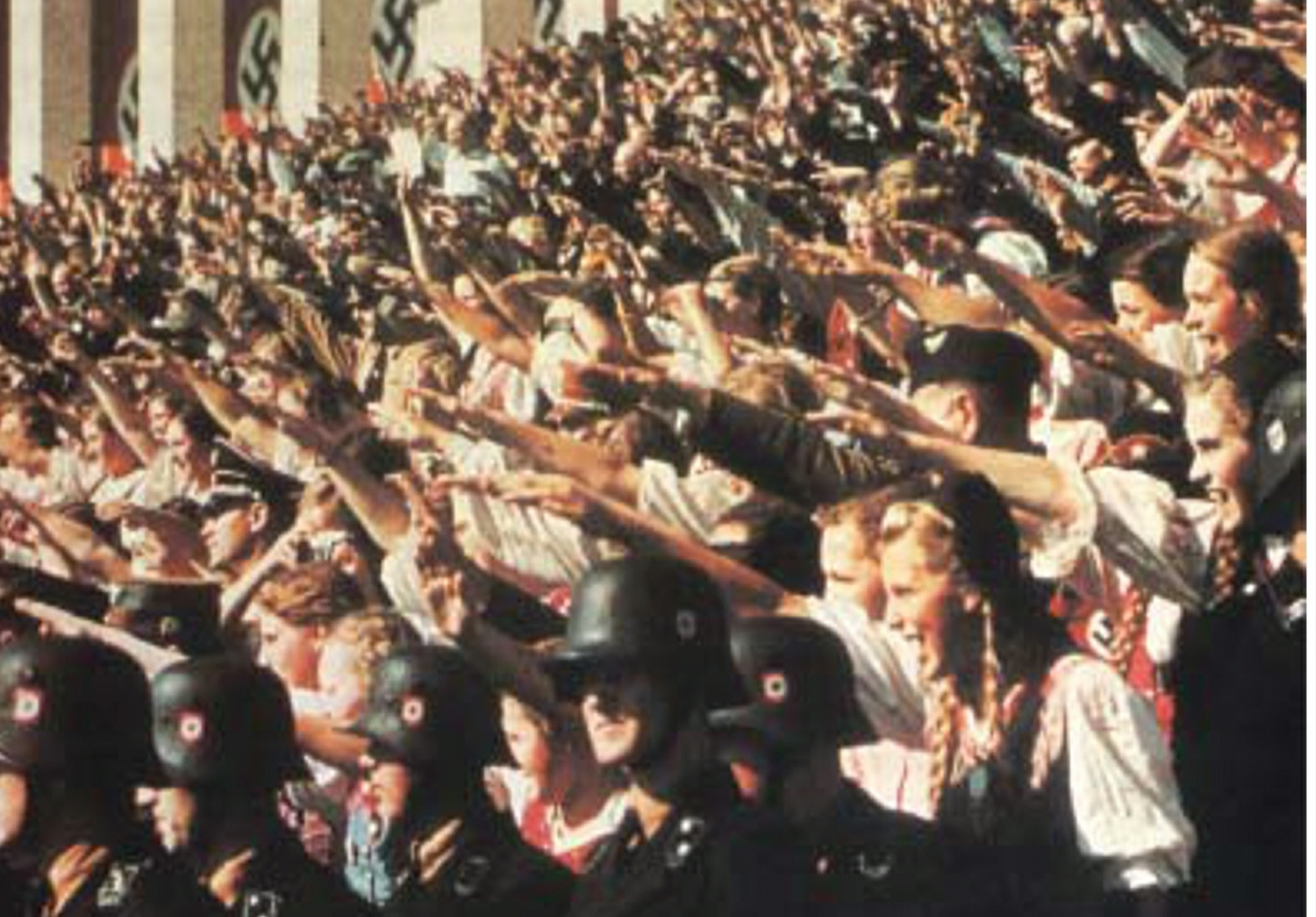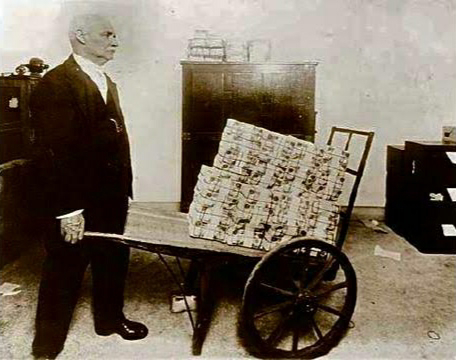Establishment of the Racial State (1933-1938)

Once in power, the Nazis quickly began to implement their dream of creating an exclusive racial community of pure Germans by physically eliminating all those who were seen as undesirable in the extended empire. Nazis wanted only a society of pure and healthy Nordic Aryans . They alone were considered desirable. Only they were seen as worthy of prospering and multiplying against all others who were classed as undesirable. This meant that even those Germans who were seen as impure or abnormal had no right to exist. Under the Euthanasia Programme , Helmuths father along with other Nazi officials had condemned to death many Germans who were considered mentally or physically unfit. Jews were not the only community classified as undesirable. There were others. Many Gypsies and blacks living in Nazi Germany were considered as racial inferiors who threatened the biological purity of the superior Aryan race. They were widely persecuted. Even Russians and Poles were c...









